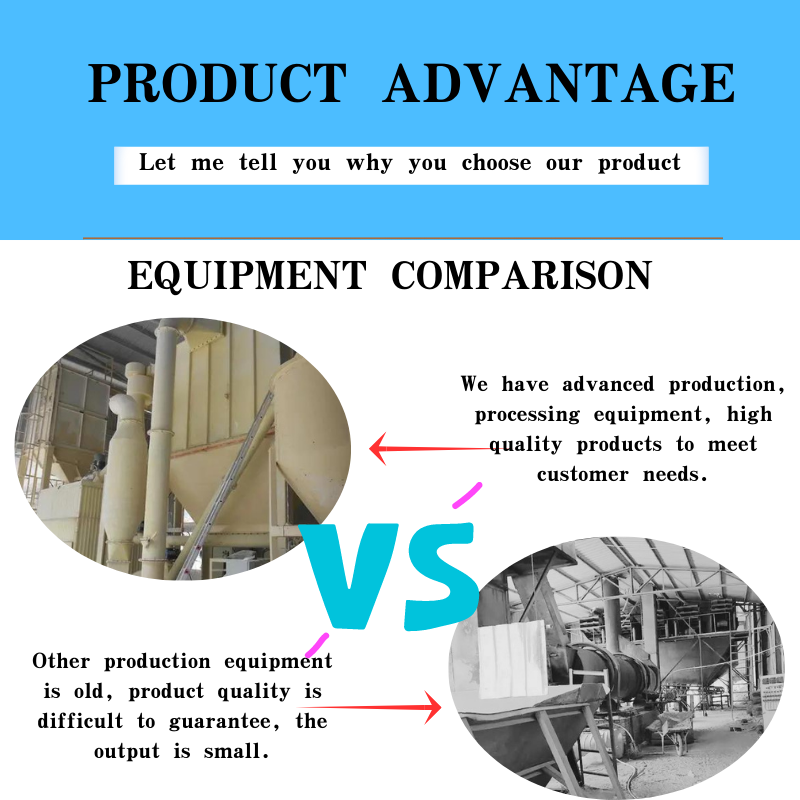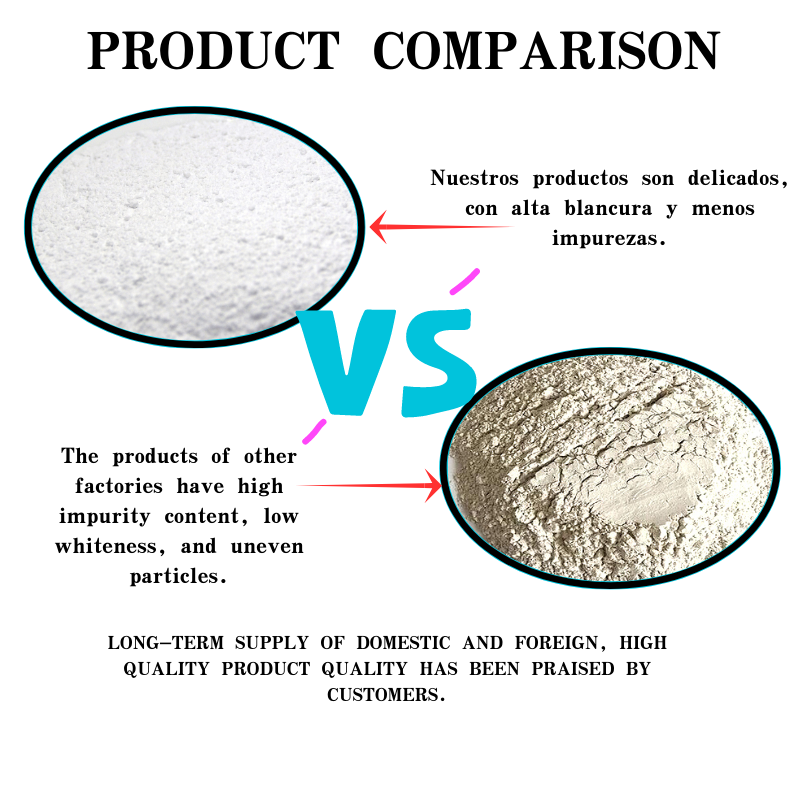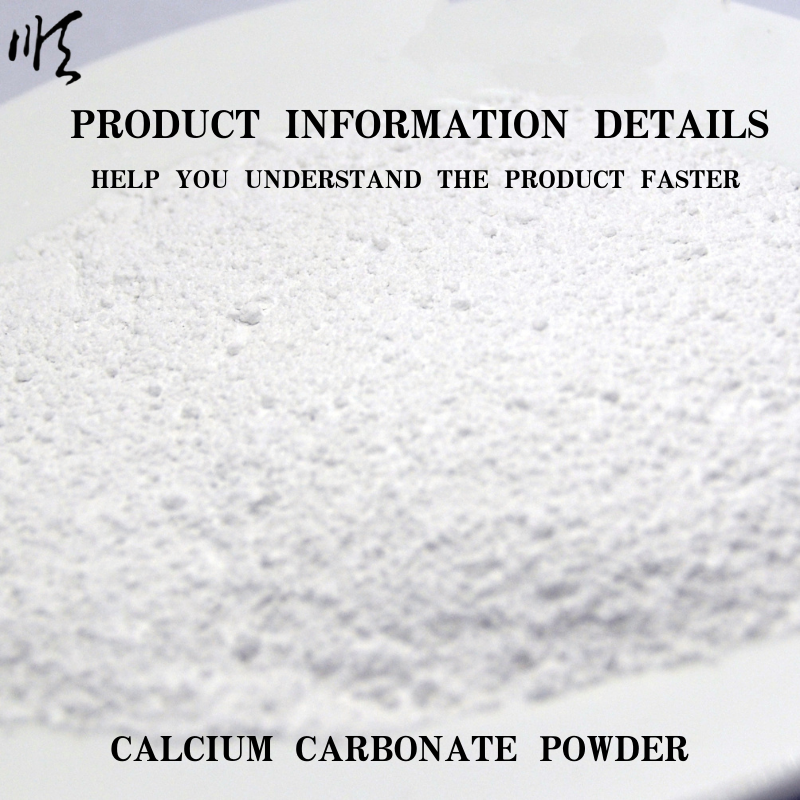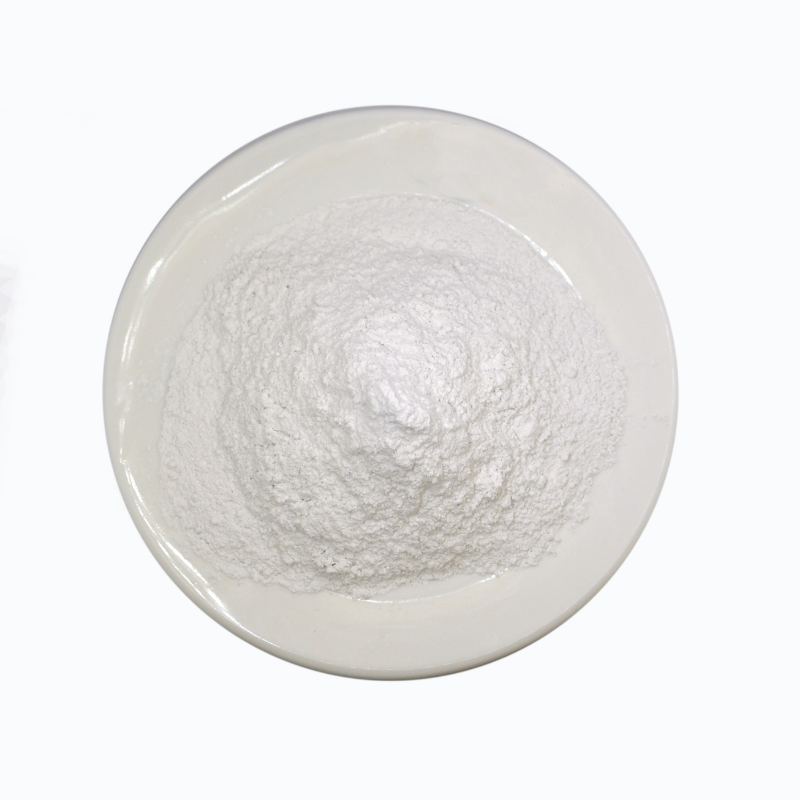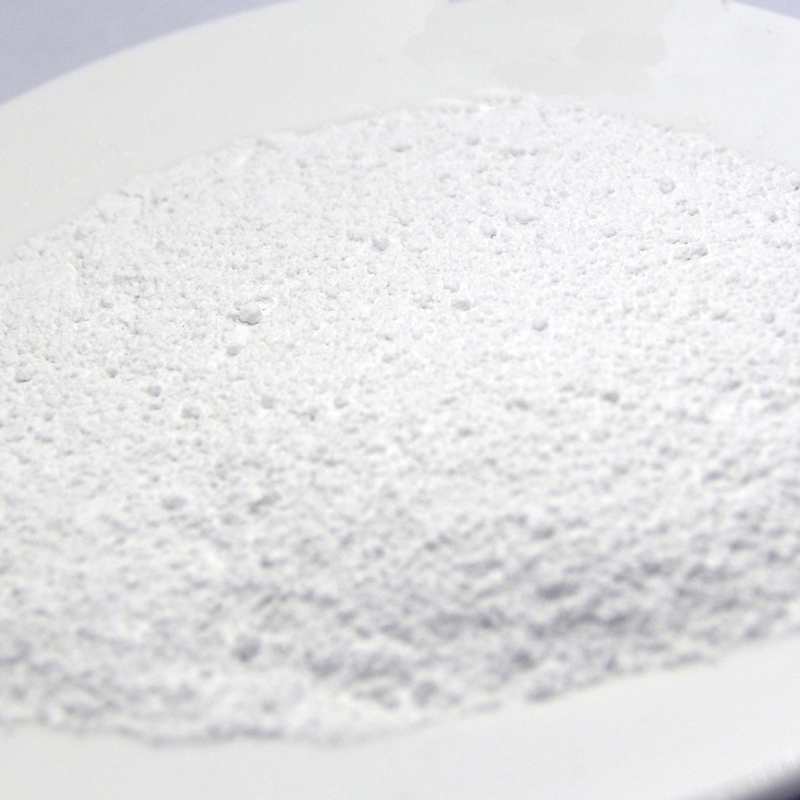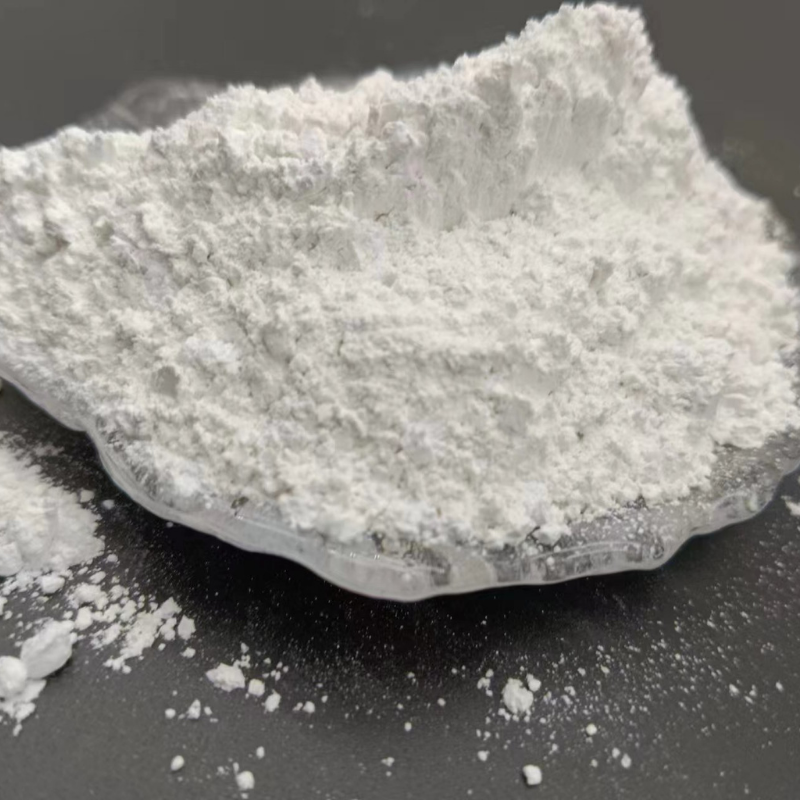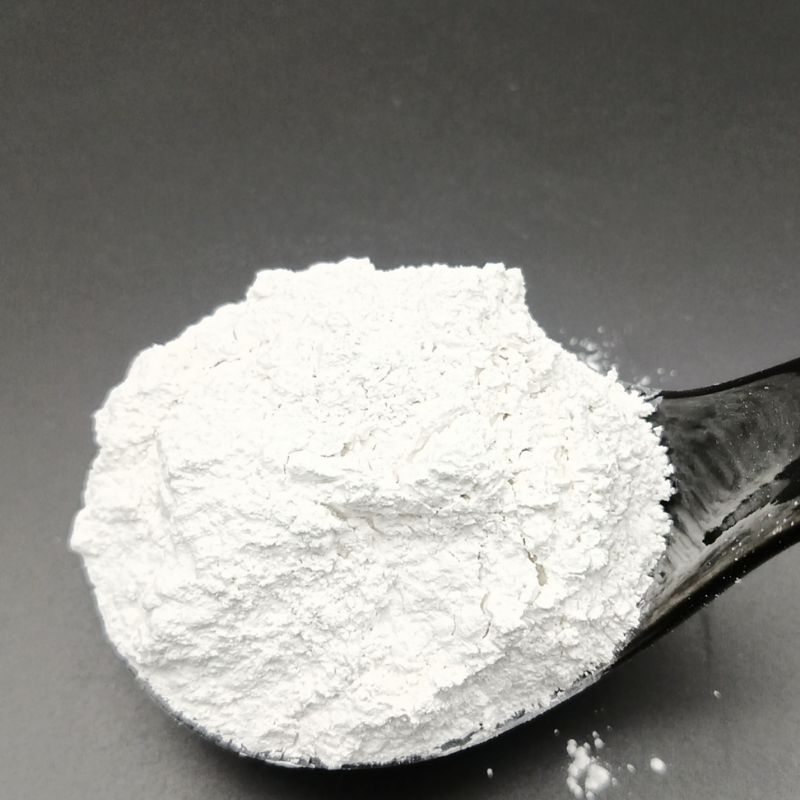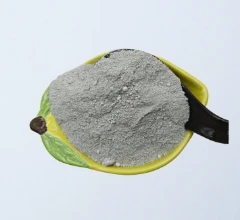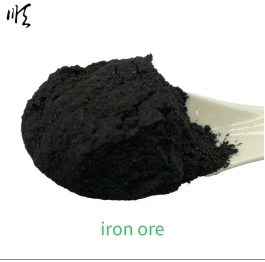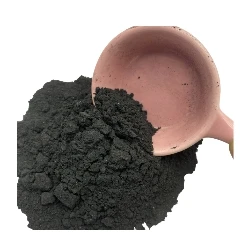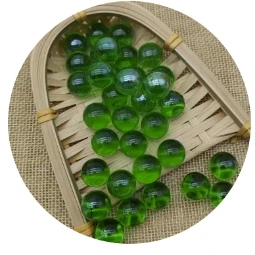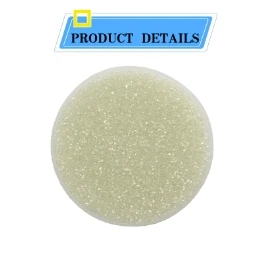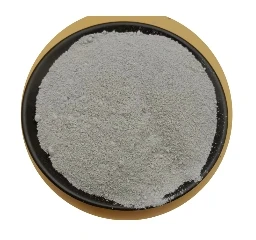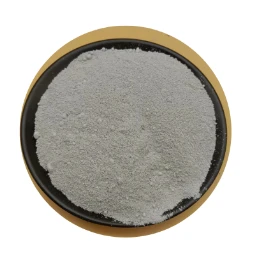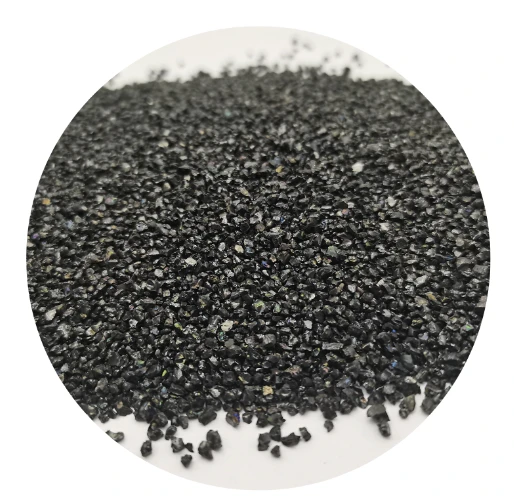Product parameters
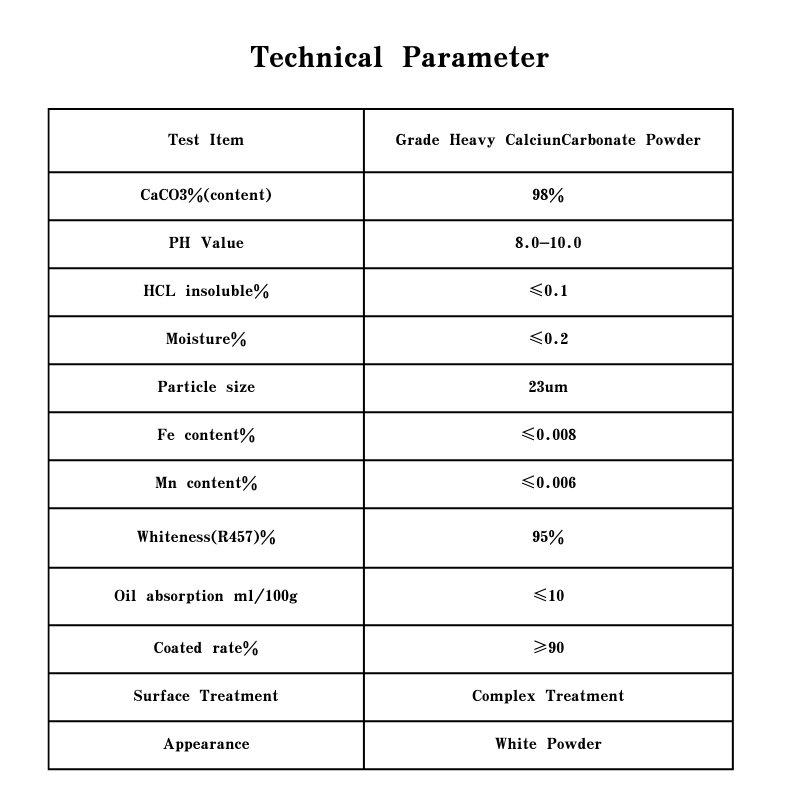
Application
Industrial calcium carbonate is a white powdered inorganic compound with a wide range of applications. Its main roles and uses are as follows: plastics, rubber and other industries: as a filler, reinforcing agent, plasticizer, etc., can improve the hardness, toughness and toughness of products, and reduce production costs. Paint, coatings and other industries: as a filler, thickener, etc., can improve the coating property of the coating, gloss and hardness of the coating film, while reducing production costs. Paper, papermaking and other industries: as a filler and coating agent, it can improve the strength, gloss and whiteness of paper, and reduce production costs.
Construction, building materials and other industries: as a compound, filler, reinforcing agent for building materials, it can improve the hardness, toughness and wear resistance of materials, and reduce production costs. Food, pharmaceutical and other industries: as a calcium supplement, it can increase the body's intake of calcium and meet the body's needs for calcium under the premise of ensuring the safety of food and drugs. Fine chemical industry: Industrial calcium carbonate can also be used as fine chemical synthesis raw materials, catalysts, abrasives and so on. In short, industrial calcium carbonate has a wide range of application fields, is one of the indispensable important substances in industrial production and People's Daily life.
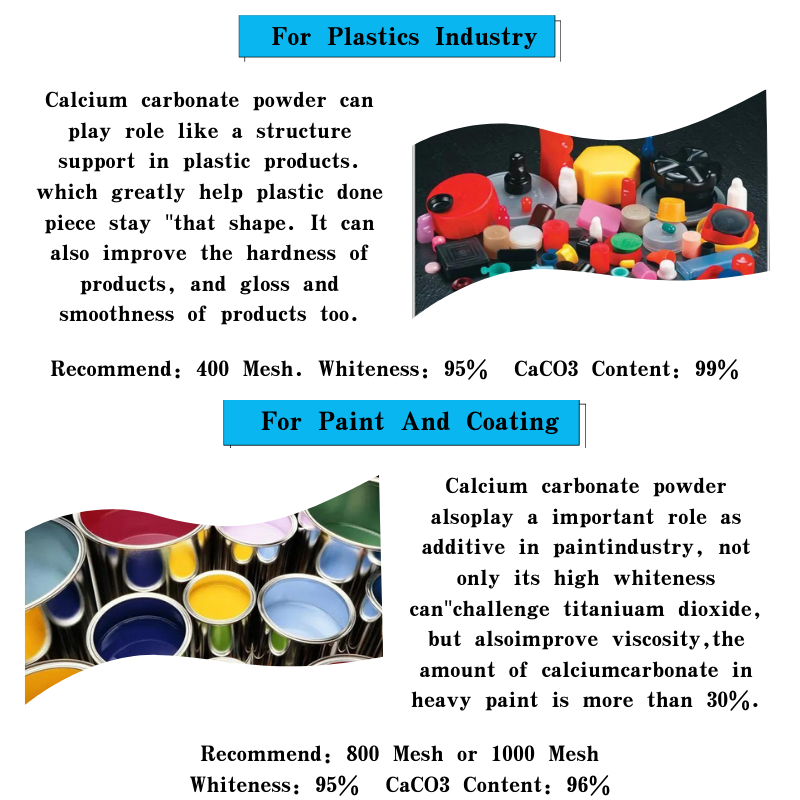
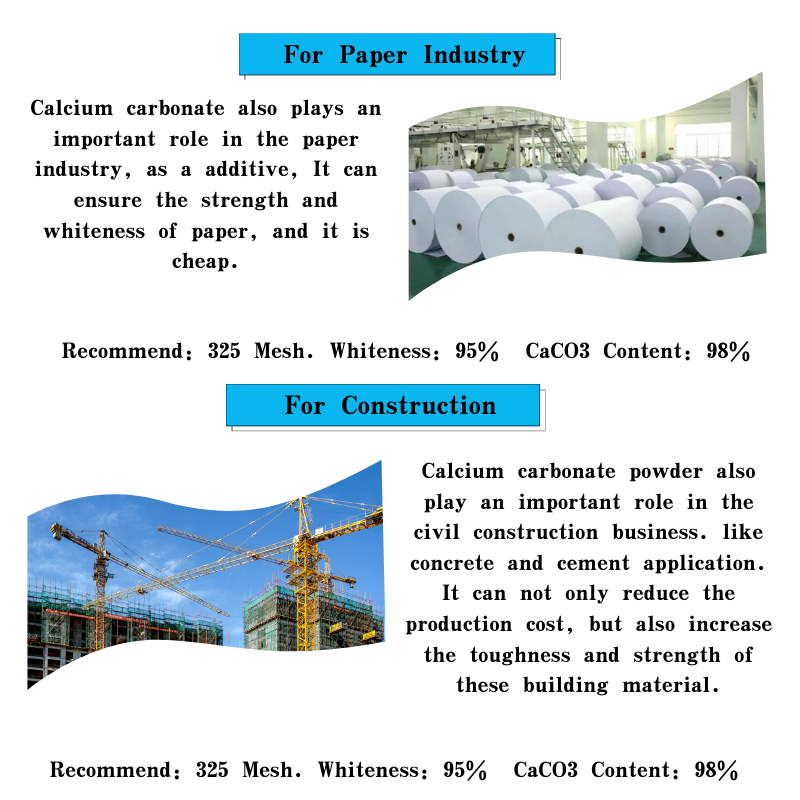
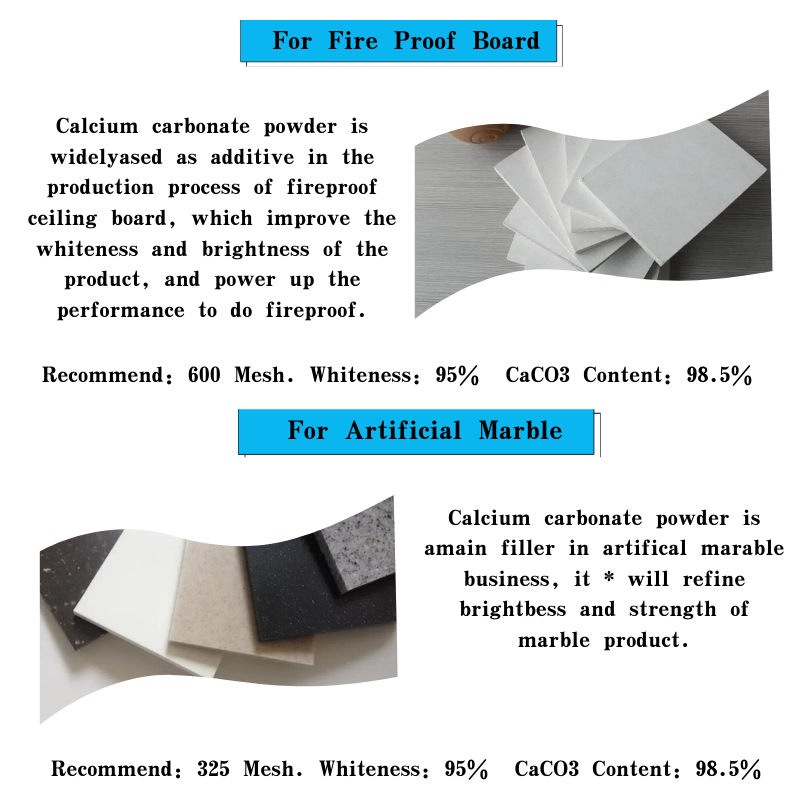
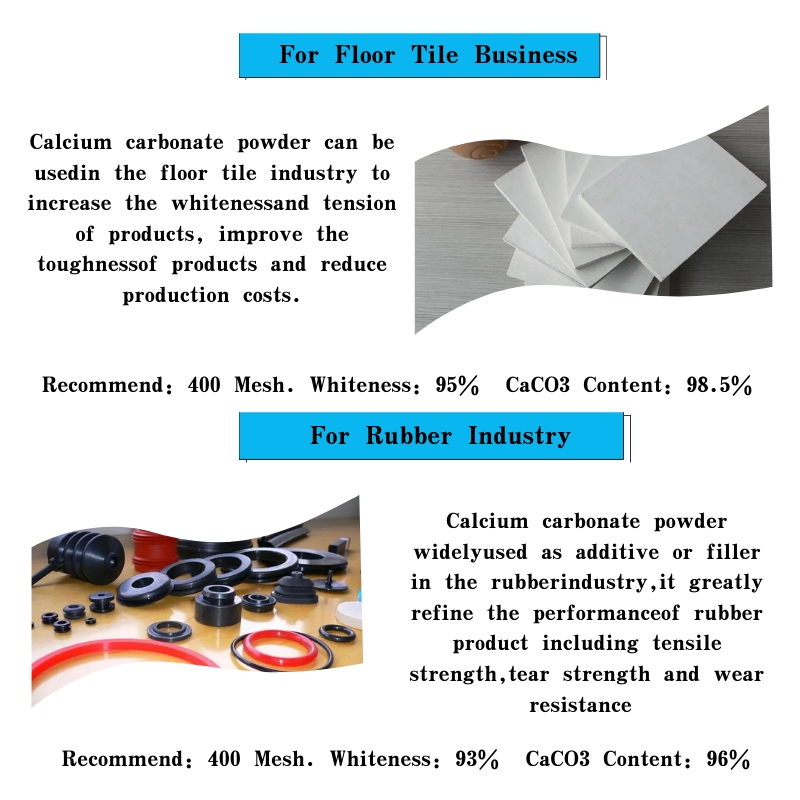
appearance
The bulk density of heavy calcium products is relatively large, generally 0.8~1.3g/cm3; The packing density of light calcium products is small, generally 0.5~0.7g/cm3, and the packing density of some nano-calcium carbonate products can even reach about 0.28g/cm3.
Heavy calcium carbonate: also known as ground calcium carbonate, referred to as heavy calcium, natural calcite, limestone, dolomite, chalk, shells and other raw materials through physical processing. Light calcium carbonate: also known as precipitated calcium carbonate, referred to as light calcium, is processed by chemical methods.
Certificates
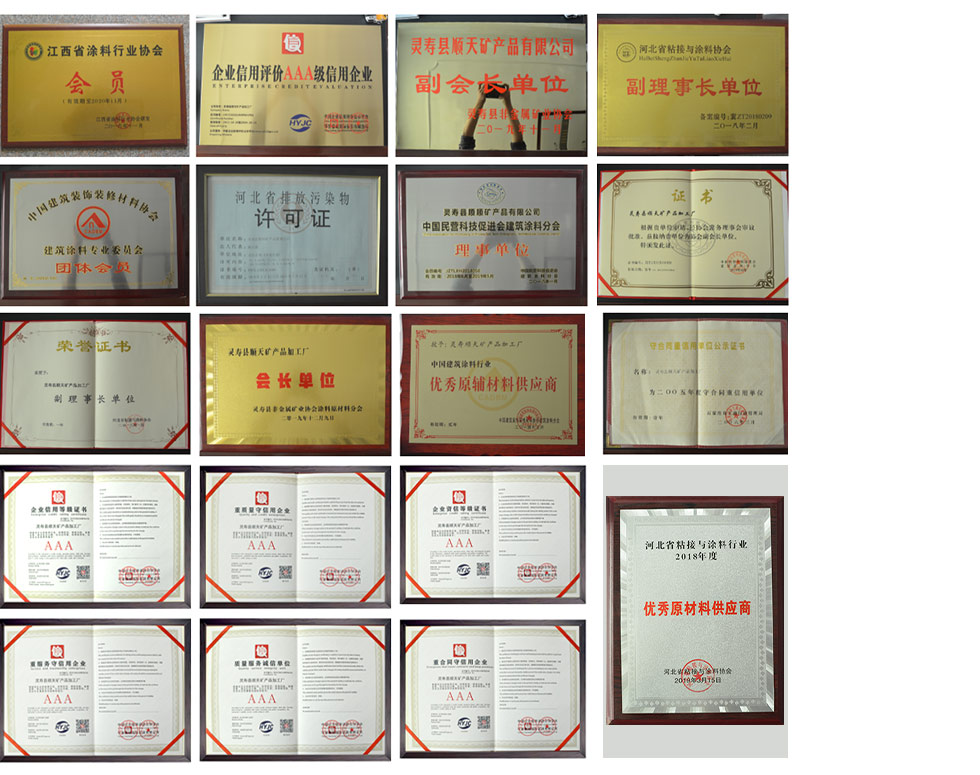
COMPARISON
